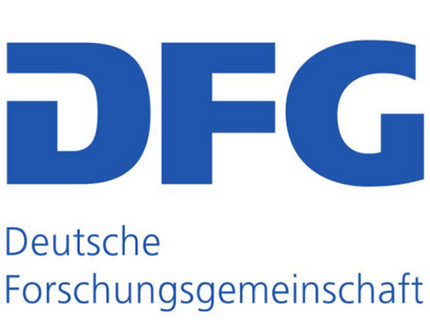Background:
The prosecution of cartels is an important part of the work of competition authorities worldwide because cartels can significantly affect social welfare. More recently, some competition authorities have introduced leniency rules that are intended to destabilise existing cartels and prevent the formation of new ones, but may also have undesirable opposite effects. An empirical evaluation of the success of these measures is difficult because the number of functioning cartels is unobservable. Therefore, experimental studies on this topic are useful.
Main research question:
How effective is a leniency programme?
The main research question investigates:
Previous studies of a leniency rule in economic experiments have greatly simplified the market environment compared to real markets. In particular, the assumption was made that the decision to communicate is equivalent to the formation of a cartel. In the experiments in this project, an active competition authority is introduced into the setup, which assesses the communication content in real time. This is crucial for external validity, as the presence of an active competition authority allows communication and cartel formation to be separated.
Research objective:
The aim is to investigate the effectiveness of leniency rules.

